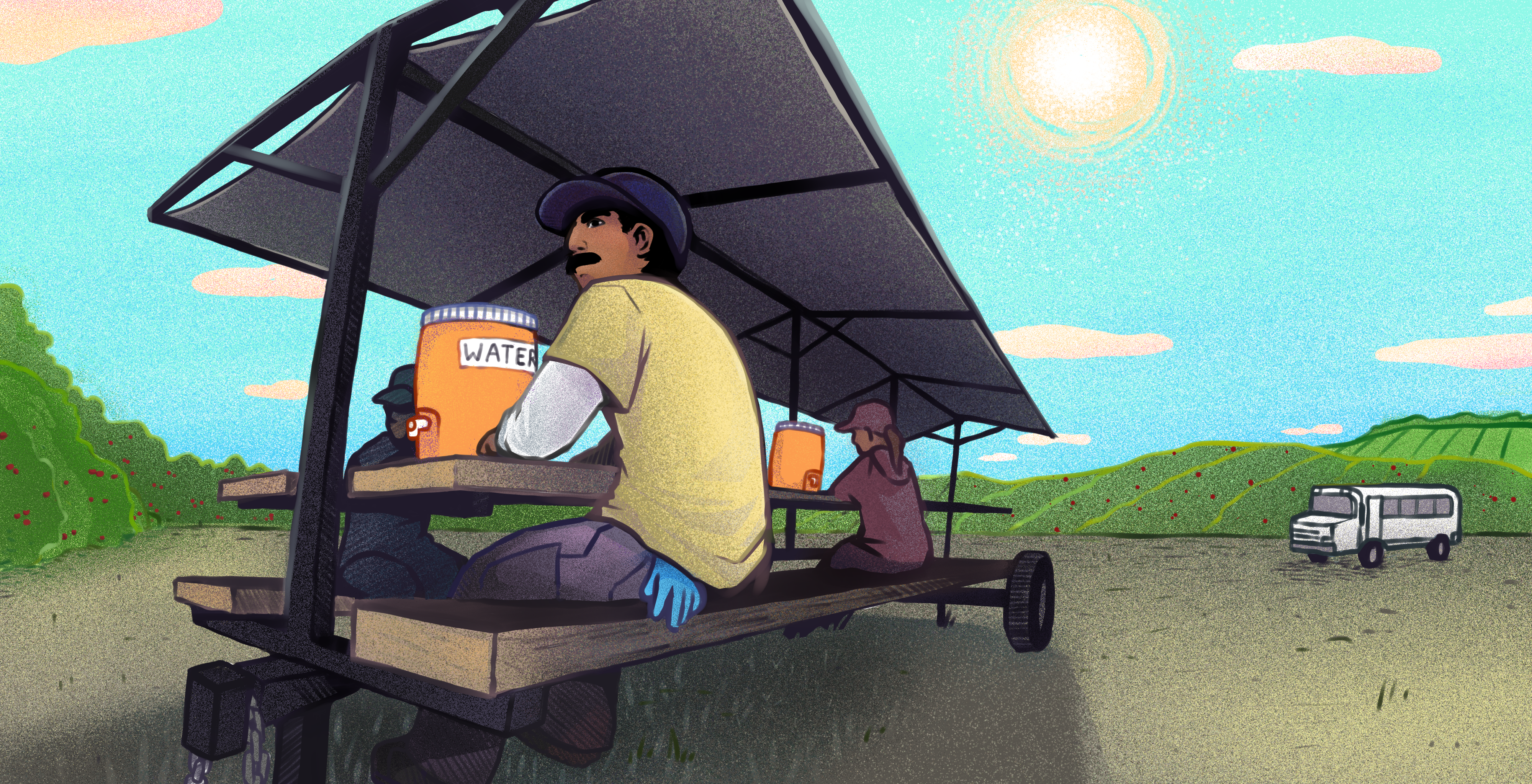Nolvia Alberta Obando Turcios, a respected Christian pastor and leader of the Las Galileas Women’s Rural Movement in the La Bomba community of Jutiapa, Atlántida Department, is being falsely criminalized and persecuted through irregular judicial proceedings.
Nolvia Obando is scheduled for trial on charges of land usurpation on August 12. She and 60 other members of the women’s farming cooperative were evicted from land disputed by a private landholder in March 2023. She spent five months in pretrial detention, released only after paying a $2,000 bail. Both before and after her arrest, Nolvia Obando has suffered many human rights violations, including defamation and stigmatization from police authorities and news agencies who baselessly claim that Las Galileas is a criminal gang engaged in terrorist activities.
The criminalization of Noliva Obando is part of a larger attack of systemic criminalization against women’s rights workers and land defenders. In its 2024 Report on the Situation of Human Rights in Honduras, the Inter-American Commission on Human Rights (IACHR) warned: “The use of criminal offenses such as incitement to violence, usurpation, insults and slander are the most commonly used to criminalize human rights defenders, especially those who defend the environment, land and territory. ” The judicial process has violated Nolvia Obando’s procedural rights and has done harm to her personal, emotional, and mental integrity.
Her defense attorney is concerned that the proceedings have been prejudicial against Noliva Obando. IRTF is urging that authorities investigate the possible complicity of judges, magistrates, police, and the Public Prosecutor’s office with the private landholder of the disputed territory of Las Galileas.


